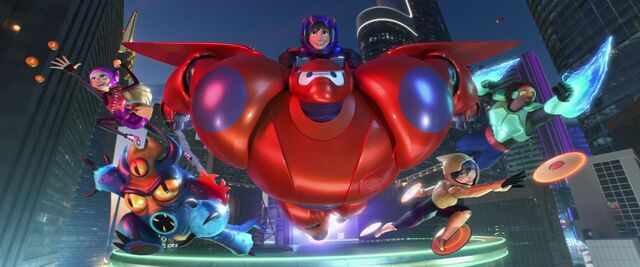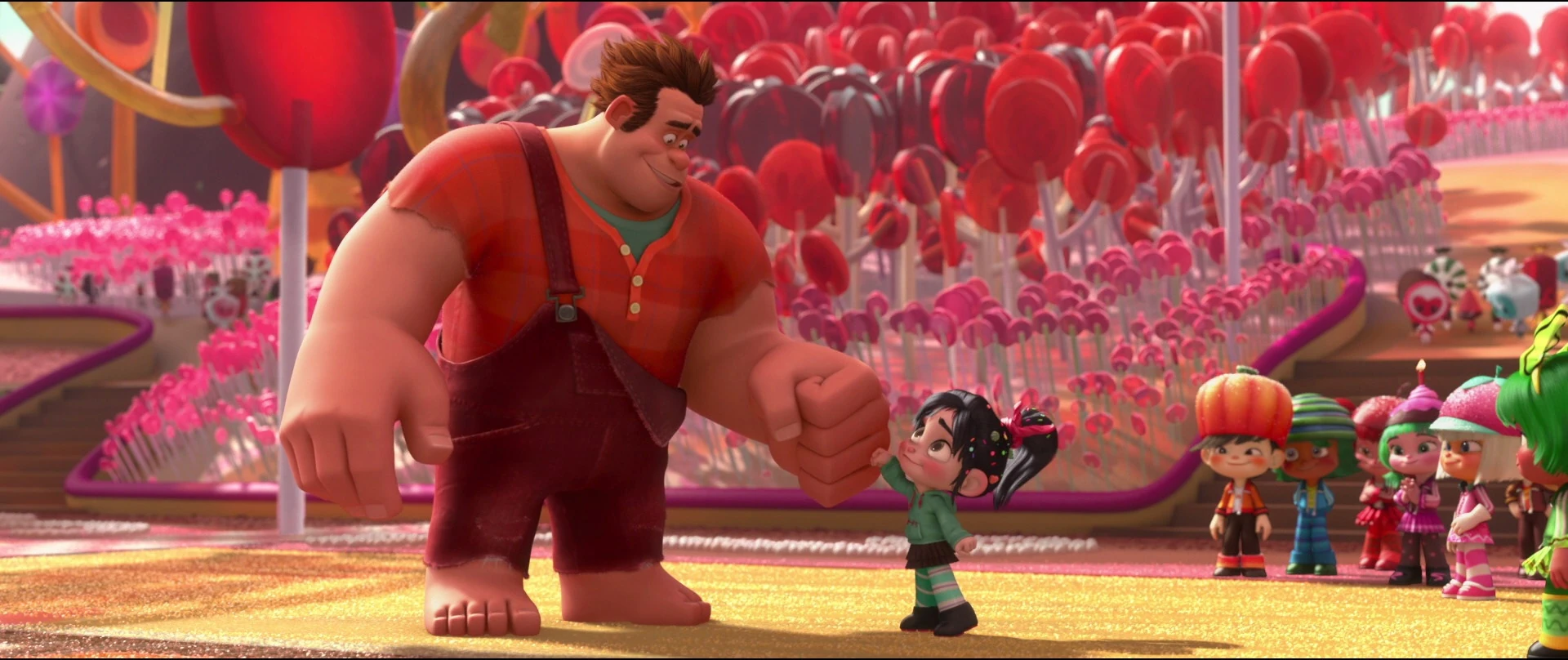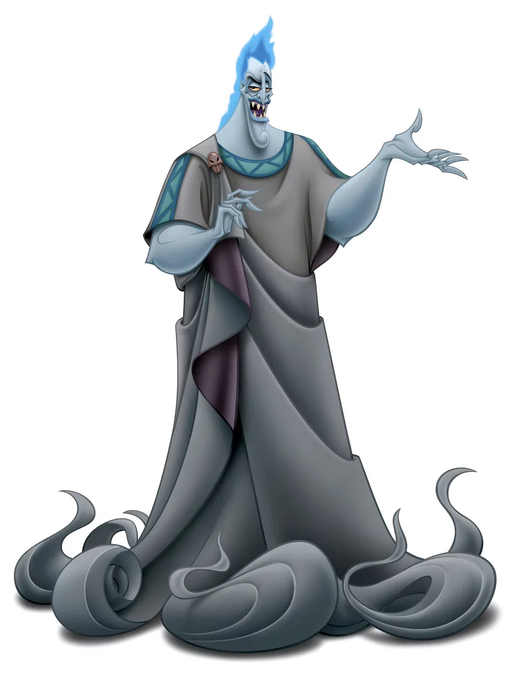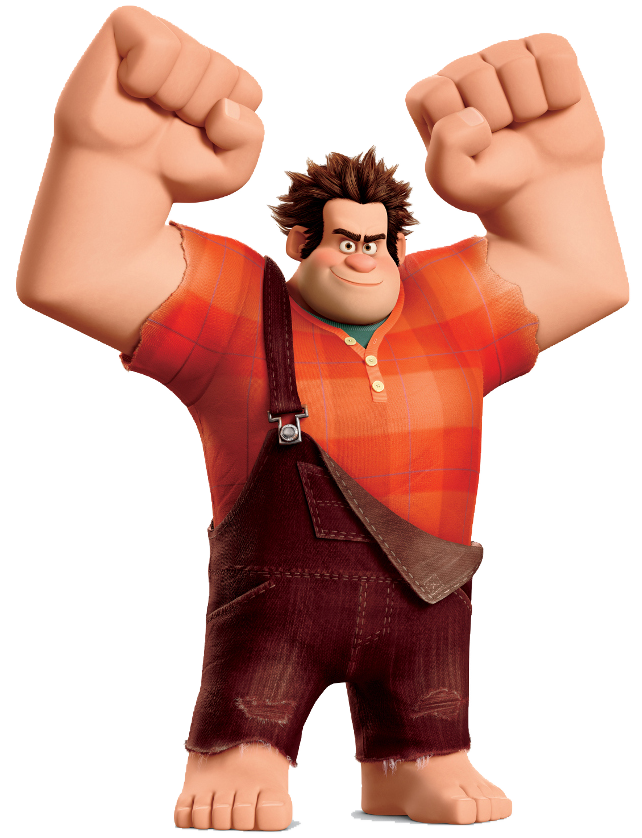I love superheroes. A lot. I’m so utterly fascinated by a band of empowered beings coming together, befriending one another, and saving the world while exploring their characters. That said, I’ve beginning to notice that the superhero properties I gravitate the most towards to are either family-friendly (ie Big Hero 6, the Teen Titans animated show, Justice League Unlimited, Avengers: Earth’s Mightiest Heroes) or R-rated (ie Deadpool, Watchmen). I’m probably not alone in this, but I’m getting kind of tired with PG-13 rated superhero films; I think they teeter-totter between being serious and complex (like an r-rated superhero property) while still being entertaining for youngsters (like a g-rated superhero property). So it’s probably easy to expect I have some problems with the Marvel Cinematic Universe.
Recently I just watched Captain America: Civil War hoping that I would enjoy it. I…did not. I apologize in advance to all the fans who did enjoy it, but for me, it encapsulated a lot of MCU’s problems. While it wasn’t HORRIBLE necessarily (it had some good action, funny moments, and the characters of Black Panther, Falcon, and War Machine were fantastic), there were still a lot of issues that prevented me from enjoying it. This movie, along with a lot of other MCU movies, have the following, err, sins (warning for spoilers!):
NUMBER ONE: Being WAAAAAAAAAAAAAAAAAY Too Long.
I’m sorry, but there is no reason why a superhero movie needs to be over 2 hours long. There’s a lot of scenes that could be whittled down, but aren’t just to pad out time. I don’t think the film would suffer if a few fight scenes or talkie scenes were cut down or cut out entirely. CACW just went on way longer than it needed to go, to the point where I kept asking “okay so when’s the movie going to end? I feel like the movie can end now.”
NUMBER TWO: Expecting the Audience To Know Everything
The problem of making an interconnected universe is that the movies expect their audiences to have seen (and care) about ALL the films and related properties. This often results in dropping characters into a film that we’re supposed to know and care about but instead go “wait, who are you?”. Continuity tends to get screwed up a bit throughout the course of the movies due to different writers and directors, so for people who missed out, a lot of plot points can make heads swirl. People who go to see these films for action probably won’t mind, but those who want more substance will probably be lost.
NUMBER THREE: Bad Villains
A lot of people have pointed this out. With the exception of Loki, all the MCU villains have been dull and forgettable. I think the reason why Loki worked while the others didn’t is because he’s ALLOWED to be a complex villain. Being portrayed by the fantastic Tom Hiddleston makes him more expressive and interesting, and we actually see him go through a wide range of emotions, from angry to sad to even joyous. We know why he does what he does and even sympathize with him. But with the other villains, they just come across as either angsty or boring. I think another factor is design. Loki has a pretty cool design with vibrant green and gold and some awesome headgear. The other villains don’t really stand out in looks. Granted I don’t think Marvel was ever really that great with it’s villains (I think only Spider-Man had really great and memorable antagonists for a lot of people?) so this might be a harder problem to resolve.
NUMBER FOUR: Throwaway Politics
This was my biggest problem with CACW. At the beginning, we’re introduced to a really big deal: the Avengers need to be held accountable for what they do and need to be more responsible when they’re working. It’s actually a really brilliant idea: if someone wanted to keep tabs on you, would you comply, or fight against it, and why? Is there a way to compromise? It’s all really interesting…until it becomes abandoned in favour of making it all about Bucky Barnes, and how it’s all one begrudged person’s fault. Like I legit felt cheated when the movie shifted gears and dropped politics. Like…why would you introduce something important and then cast it aside later? The movies paint the government and the military as almost completely wrong and the superheroes as almost always in the right, leaving no real room for nuance.
NUMBER FIVE: Characters Not Getting The Help They Need
This one is pretty personal to me. Iron Man is clearly not mentally healthy. People have talked about him displaying signs of PTSD, panic disorder, and even Narcissistic Personality Disorder, but I think he has a lot more issues that started from the first movie. That first flight he does? To me, it feels less like a man trying to be free and more like a man desperately trying to be in control of something and taking extreme risks. It’s pretty clear that he’s not getting the mental health treatment he needs because, in CACW, he looks like he’s on the verge of tears throughout the whole thing, is wracked with guilt and grief, and decides to solve his problems violently. I notice that a lot of the characters don’t really bother to seek each other out and talk to one another; a lot of the time, they seem to deal with their problems and pain in private. The reason why this is a problem because it kind of enforces the idea that strong people (especially strong men) can’t cry and don’t help each other emotionally and the best thing to do is fight. Not really a positive message.
NUMBER SIX: Whitewashing, Lack of Diverse Leads and Disposable Foreign Bodies
Yeah this is a pretty major issue. Almost all the MCU films focus on white men, even white men we don’t care about (was anyone really asking for an Ant-Man movie? Does anyone want ANOTHER Spider Man movie so soon? why was he even in CACW if he was only in it for about 20 minutes?), while movies about women and MOC struggle to get off the ground. Black Panther is supposed to get his movie soon, but beyond that, there’s no real news on anyone else getting the proper movie treatment. The movies aren’t especially kind to the minor diverse characters. What really disturbed me in CACW is how they just casually show dead black bodies as a statement. It’s gross. And while the films have been getting better at showing some awesome black men, it still has a lack of other minority groups (especially women of colour). The worst offender is the upcoming Dr. Strange; not only did they whitewash the main character, they also whitewashed the Ancient One and changed the setting from Tibet to Nepal in order to appease the Chinese Government (which doesn’t like to acknowledge the horrors they committed against the Tibetans). MCU has a representation problem, and while it’s certainly not alone, it’s pretty major considering how marketable their movies have become. I just find it strange how the Star Wars movies introduce women and POC leads with no problem but Marvel movies have trouble doing the same even though both are owned by Disney. I just hope at some point Marvel takes a cue from Star Wars at some point.
NUMBER SEVEN: Failing Balancing Act
This plugs into the problem with PG-13 rated superhero movies. A lot of these movies try to remain family friendly but still contain a LOT of violence and some gritty themes. This sometimes ends up compromising a character’s personality and morals. Iron Man feels ashamed of causing the death of someone’s child…but then turns around and is willing to recruit someone else’s child to fight other adults in the name of entertaining the audience with Spider Man. Captain America is supposed to be altruistic but, since the movie can’t really focus on politics, it turns to him risking everything and breaking the law and even breaking off friendships in the name of Bucky Barnes to keep the plot from getting TOO political. A lot of the movies end up not knowing whether they want to be deep character studies or just movies where stuff blows up. Now keep in mind, this isn’t a problem that ONLY the MCU has; a lot of others have them too. But I think what makes it kind of worse for the MCU is that they repute themselves as being family friendly even though there are times when they don’t really want to be. I also can’t help but notice while people may not mind this tough balancing act at all at first, over time people begin to pick apart at it. I think this contributes to why we like MCU movies as a whole, but we don’t really LOVE them individually. We’ll gravitate towards one of them for a little bit and move on. And I think the fact that none of them really stand out as either a serious political drama with some action or a lighthearted fun flick (with maybe the exception of Guardians of the Galaxy and a few others) doesn’t help at all.
Now keep in mind, this is mostly just my opinion. Feel free to disagree. But these are the reasons why I’m not super stoked for the MCU anymore. I’ll definitely go see the Black Panther movie, but beyond that, the MCU’s flaws are starting to really wear on me. I hope they start to change a bit so that I (and others) won’t rage quit the movies forever.





You must be logged in to post a comment.